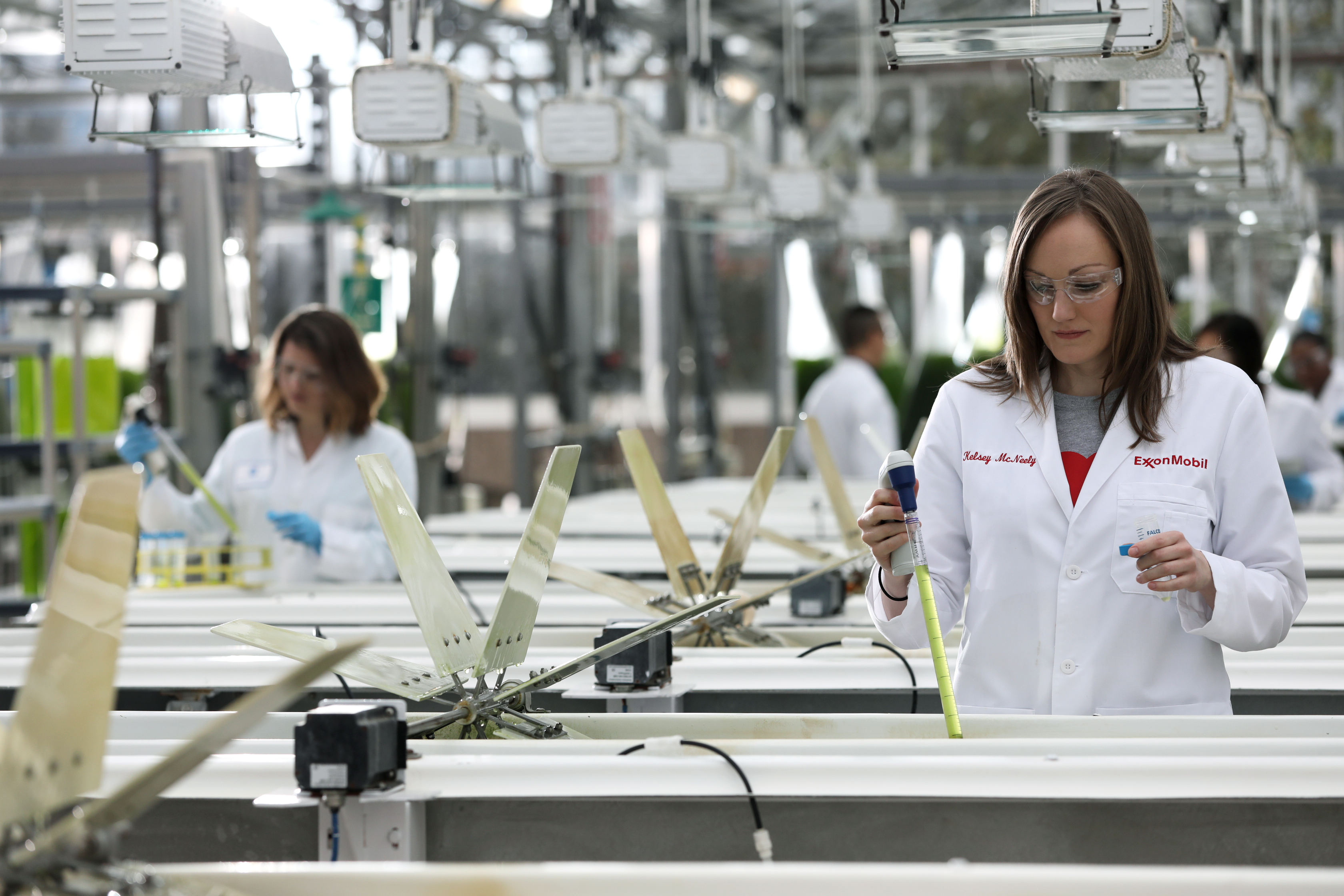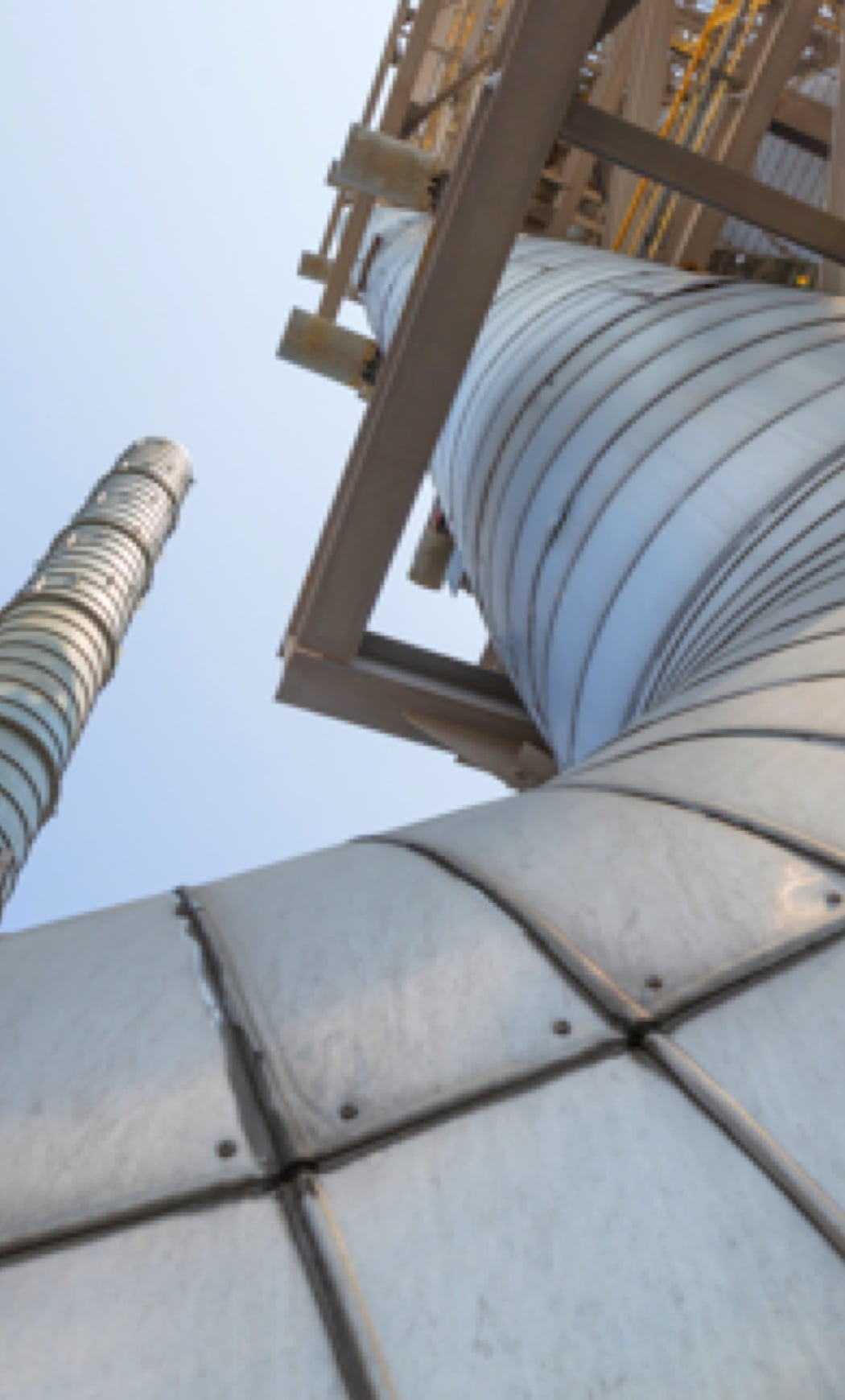The world’s fleet of cargo ships plays a vital role in all our lives. Approximately 90 percent of international cargo travels by ship(1), with 10.7 billion tons(2) (approx. 9.7 billion metric tonnes) of it crossing the world’s oceans in 2017 – a 4 percent increase(2) on 2016. From food to furniture, and fuel to pharmaceuticals – if you buy a product which came from another country, it may well have gone to sea on its way to you.
A ship is the most fuel-efficient way to transport cargo by the ton(3)– with lower CO2 emissions per kilometre travelled than a truck, train or plane. To supply our thriving global shipping fleet, ExxonMobil has installed a Delayed Coker Unit (DCU) at its Antwerp facility – to make cleaner marine fuel, in the form of low-sulphur gas oil and diesel.
Bringing the DCU online is part of ExxonMobil’s $2 billion (approx. €1.7 billion), 10-year investment programme for the Antwerp facility. The cleaner marine fuels made in Antwerp will allow ships to meet new regulations from the International Maritime Organization (IMO) – which set strict limits on sulphur emissions from the exhaust of their engines.
IMO regulations have been steadily decreasing the amount of sulphur which can be used in marine fuel since 2005(4), and from 1st January 2020: “the limit for sulphur in fuel oil used on board ships operating outside designated emission control areas will be reduced to 0.50% m/m (mass by mass).(4)” This is a significant reduction from the current 3.5% limit.
According to the IMO, the new regulations “will significantly reduce the amount of sulphur oxides emanating from ships and should have major health and environmental benefits for the world”(4).
Sources:



